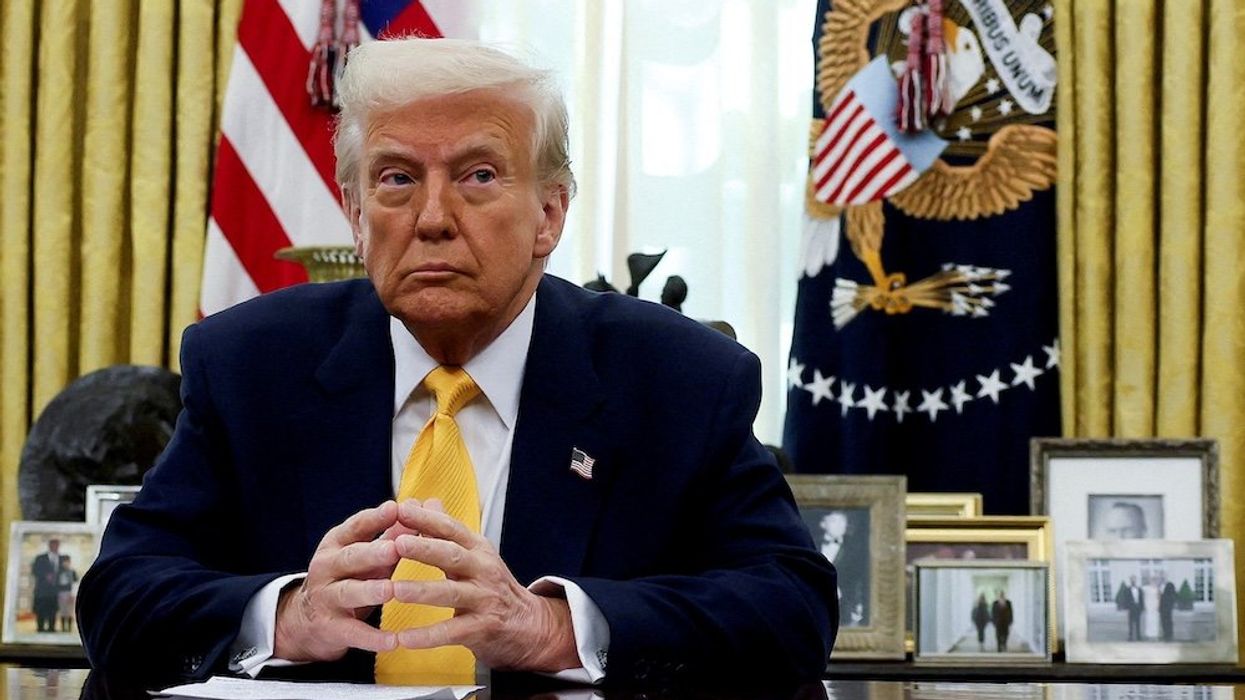USA Today reports that President Donald Trump's plan to send Americans $2,000 rebate checks from money collected through his tariffs is projected to cost $600 billion a year, a policy proposal that even the Wall Street Journal blasted for "suggesting that voters are idiots."
This staggering figure comes from an analysis by The Committee for a Responsible Federal Budget (CFRB), a nonpartisan nonprofit that studies fiscal policy. Trump on Sunday wrote about the plan on Truth Social as he touted "taking in trillions of dollars," and insisted "a dividend of at least $2000 a person (not including high income people!) will be paid to everyone."
The CFRB likens Trump's latest dangling of government rebates to those given during the COVID-19 pandemic.
"The COVID-era checks from the 2020 CARES Act in Trump's first term included payments for adults and additional money per child for individual taxpayers earning up to $75,000, or $150,000 for joint income tax filers," USA Today explains.
But under that same "criteria, a single round of Trump's tariff dividend checks would cost about $600 billion," they explain. But there's a problem with that math.
"The new tariffs imposed this year are projected to generate only about $300 billion a year. As of the end of October, Trump's new tariffs had generated an additional $100 billion in tax revenue," USA Today notes.
According to the CFRB's analysis, over a 10-year period, the dividends would increase the deficit by $6 trillion if rebate checks are distributed annually.
Any rebate offered to Americans must go through Congress.
A bill introduced by Sen. Josh Hawley (R-MO) last summer to give at least $600 from tariff revenue to qualifying Americans did not make it out of committee.
Trump floated the idea of sending Americans checks from supposed savings produced by the government-slashing work of Elon Musk's Department of Government Efficiency, or DOGE.
"Nothing came of those discussions, however," USA Today notes.


